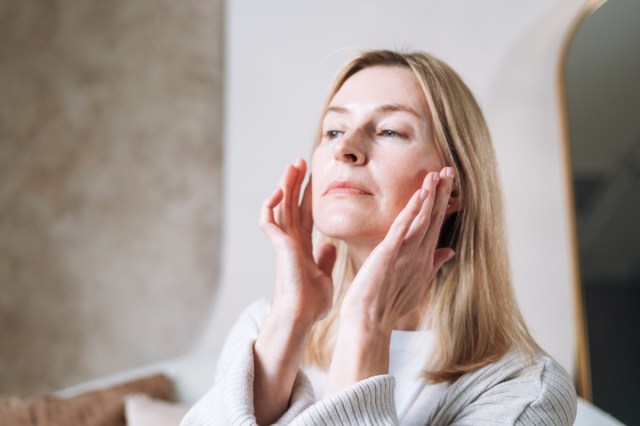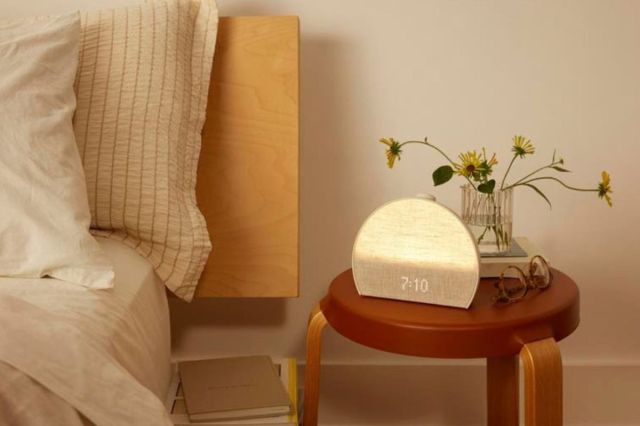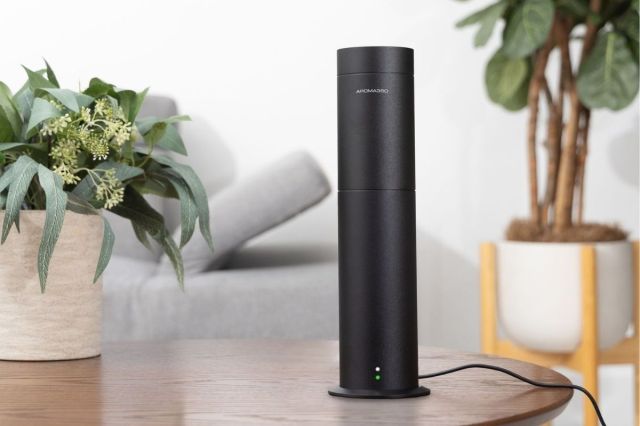We’re all searching for the next vacation, an exciting new hobby, a better job, and more time with loved ones. In short, we’re all looking for more happiness in our lives. And why shouldn’t we? Life is short. Many people, however, assume that finding joy is harder as we age.
This negative perception has given aging a bad rap: The older we get, the less happy we are. But not so fast. Those so-called “golden years” might be more than just a euphemism to make us all feel better about getting older. Recent research brings to light a reassuring message on age-dependent happiness, claiming that older adults are actually much happier than their younger counterparts. Here’s what the research shows.
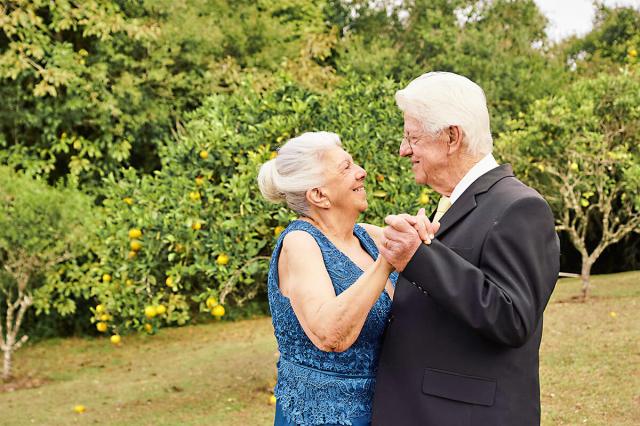
Happiness By Age
Researchers compiled responses from over 460,000 participants regarding subjective well-being across their lifespans. Dr. Susanne Bücker, a German Developmental Psychology and Educational Psychology professor, spoke about the study’s results. She explained that “three central components of subjective well-being” were considered: life satisfaction, positive emotional states, and negative emotional states. Respondents were asked to rate their happiness levels based on these parameters.
The findings were surprising. The happiest group wasn’t 20-year-olds who spent weekends on the town or even those in their 50s with newfound freedom as empty nesters. Instead, the most gleeful group is decades older — those in their 70s. This group reported higher levels of life satisfaction, more frequent instances of positive emotions, and fewer instances of negative emotions compared to all other ages.
If 70 is the pinnacle of happiness, what does this mean for other decades? Beginning with the youngest respondents, children’s happiness levels decreased between 9 and 16. The general dissatisfaction seen in children and teens was attributed to puberty, physical and social changes, and navigating many new life stages in such a short amount of years. From 16 through the early twenties, thirties, forties, and on, happiness steadily increased. These results are interesting, considering so many life changes happen during these years, including marriage, divorce, having children, and career changes, to name a few. Despite being known for their turbulence, these decades seem to bring joy to most people.
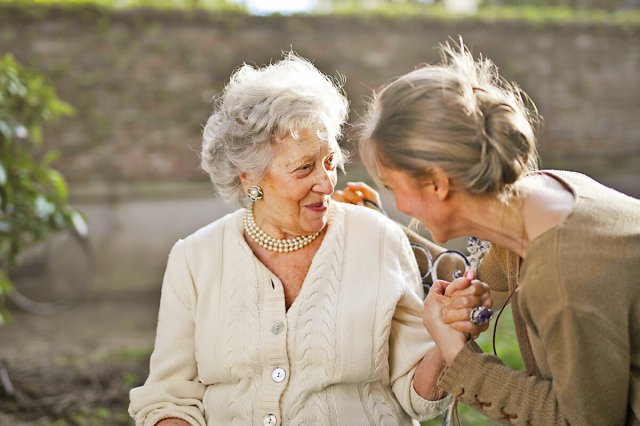
Why it Matters
In Western culture especially, we have a negative perception of aging, but these new findings flip that idea on its head, encouraging us to believe that the best is yet to come. More Americans are beginning to take notice that those glory days of our teens and twenties weren’t all they’re cracked up to be. In one recent poll, when asked what age they’d like to be stuck at forever, respondents’ most popular answer (at 40%) was somewhat surprising: age 36. Although this skews older than we’d assume, it is still far from our happiest age.
While the research indicates that our fear of aging is unfounded, only 41% of respondents in the same poll said they actively embrace the aging process. However, 71% acknowledged that it’s becoming more common for Americans to accept their age — a promising turn in the general attitude toward growing older. Hopefully, this positive trend will continue as we embrace aging and learn to enjoy the happiness that comes with the journey.
More From Our Network
Better Report is part of Inbox Studio, an email-first media company. *Indicates a third-party property.








